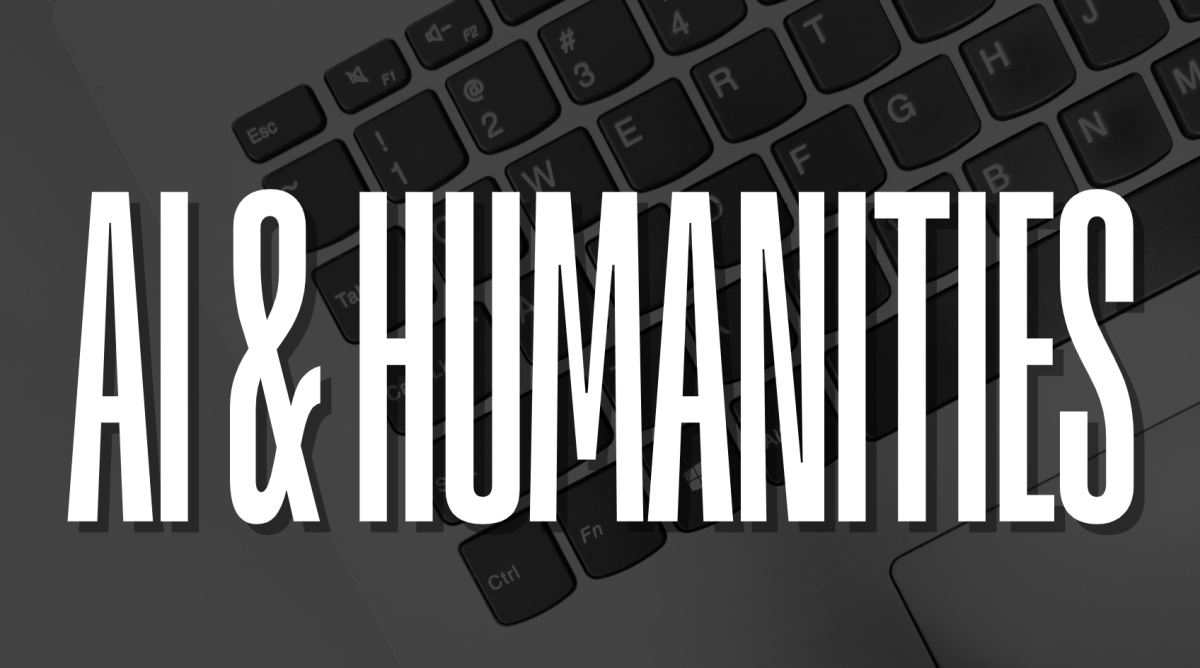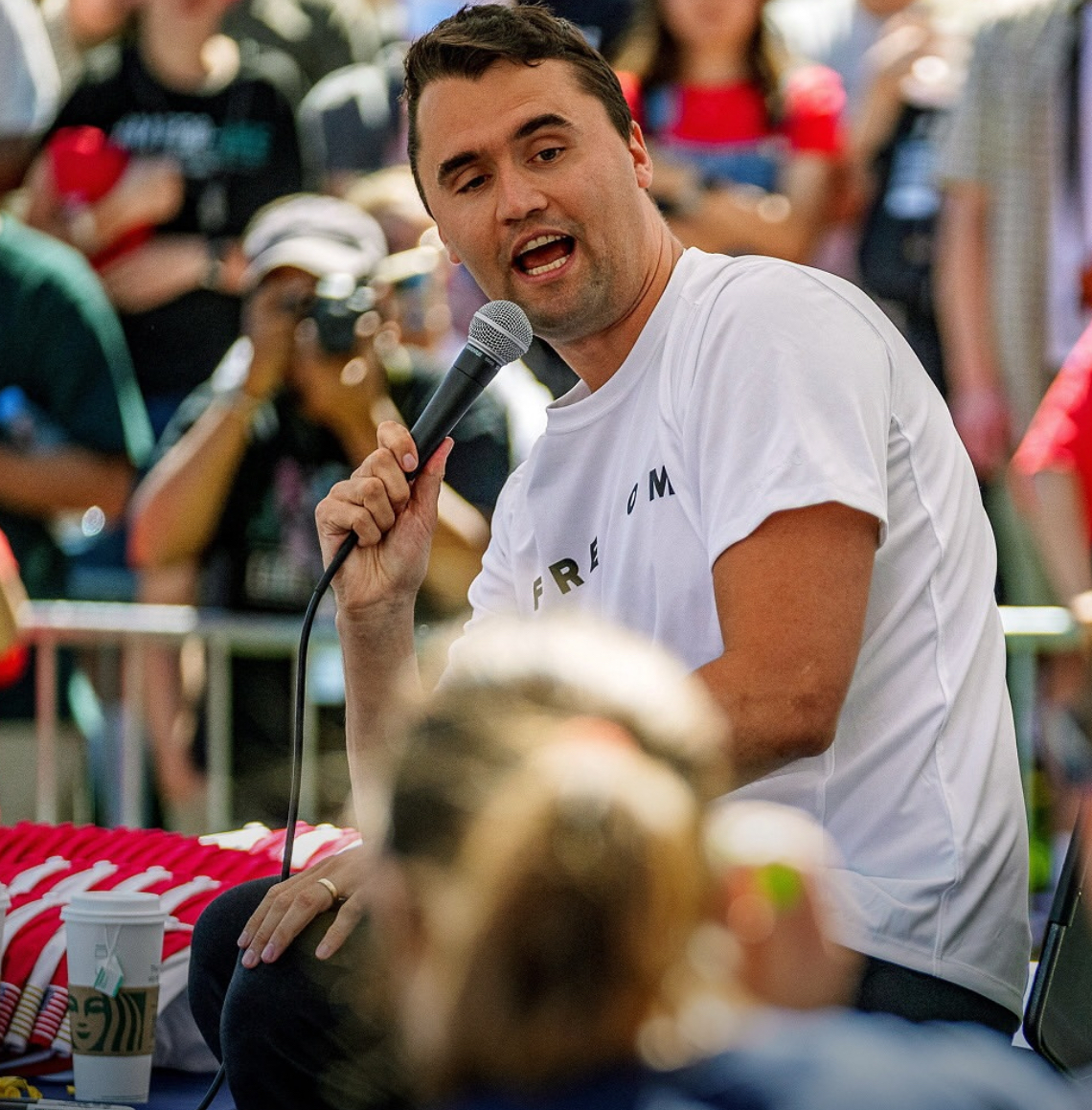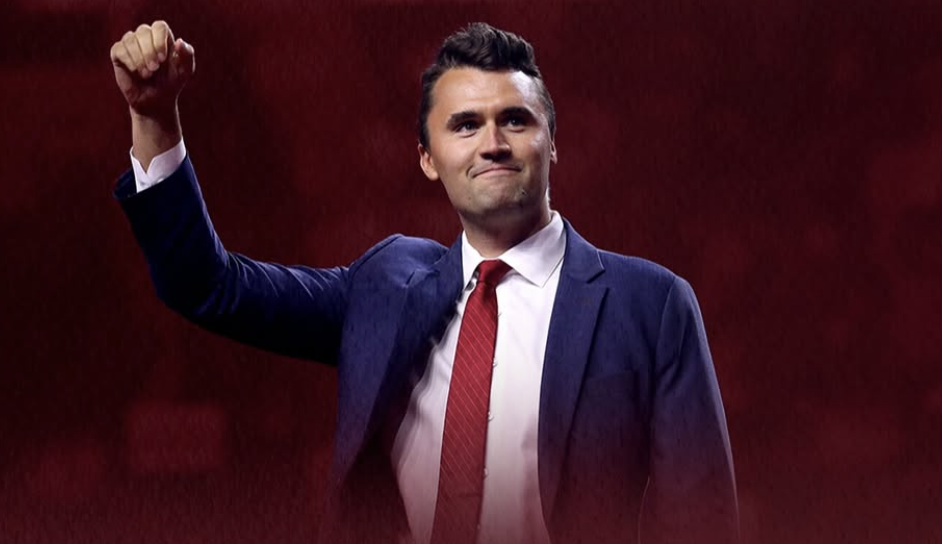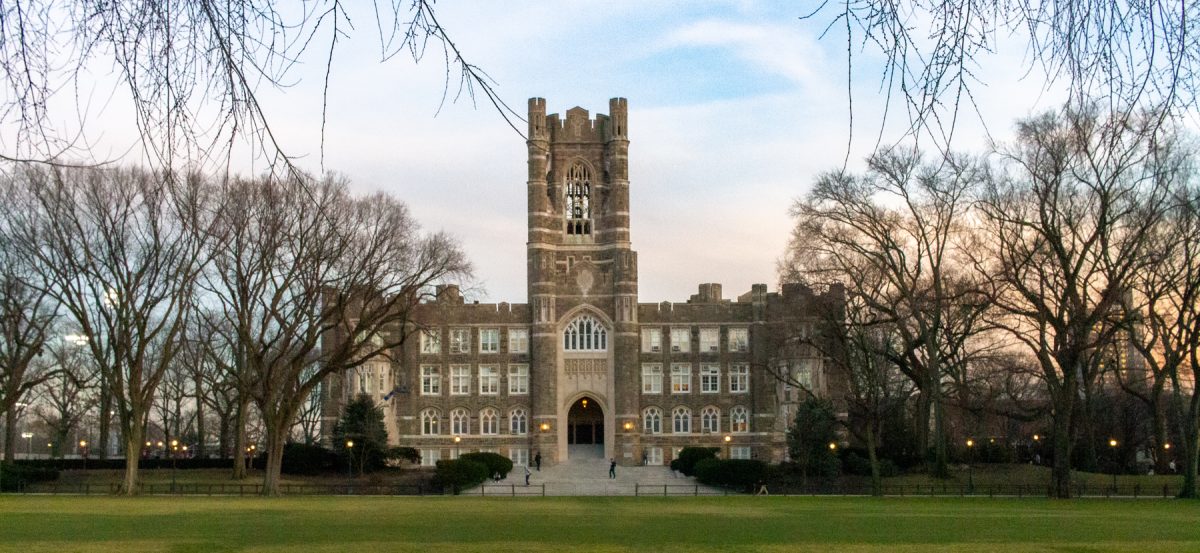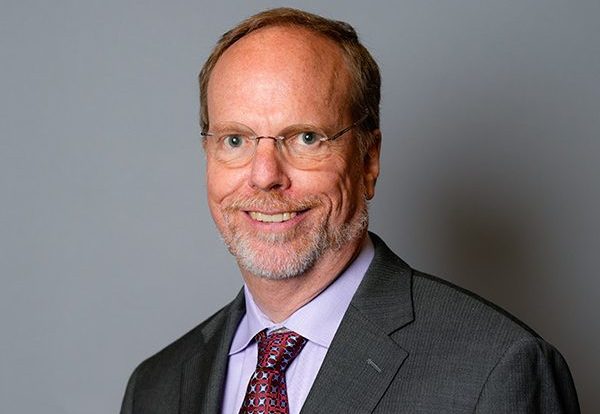By RICHARD BORDELON
OPINION EDITOR

“Calvin Coolidge was the last President with whom I fully agreed,” George Will said, to a captivated audience in Keating First last Thursday. Conservatism was in full swing on April 11 as Will, a nationally-syndicated columnist, presented a lecture on the modern meaning of conservatism and its role in today’s society, which he described as “the past way of viewing the future.”
The College Republicans presented the event, a replacement for Ann Coulter’s scheduled appearance last fall, which was cancelled after being chastised for their speaker choice by Rev. Joseph M. McShane, S.J., president of the University.
Will, who won a Pulitzer Prize in 1973 for commentary, writes regularly for The Washington Post and is syndicated nationally by over 400 newspapers. In his lecture, he focused on various problems that exist in American politics and discussed solutions that may help to alleviate these concerns.
He first examined the national debt and the problems currently facing the issue. Rather than emphasizing government spending, he focused on the American public’s values.
Will believes American values have contributed to the public’s complacency when it comes to the national debt and increased spending. He noted that Americans believe in “constant consumption, never adequate saving” and that the “principle problem for American men today is not wanting a job.” If Americans simply changed their attitude about dependence on the government, Will believes that many problems that plague the American economy would be relieved.
In addition, Will criticized citizens’ attitude that promotes decadence, saying that a problem exists with “our appetites and unwillingness to pay for them.”
Will then turned his attention to the roots of these problems, which he claims, boil down to one issue: the family. “It’s a tragedy,” Will said, referring to the growing problem of family disintegration and a shift away from the idea of the nuclear family, which only included both parents and their children.
Among the problems he mentioned were the number of parents in the household, which he believes determines the quality of the family background of children attending the school. He emphasized that no one is quite sure of the causes or how to cure it and that discussion is hindered because the issue is so racially charged.
“I thought his analysis of the disintegration of the American family was fantastic,” Will Thibeau, FCRH ’15, said. “What was once the most basic unit of our society is coming to be dismantled, directly and indirectly, by public policy. Mr. Will made the crisis very apparent.”
Not all students felt this way, however.
“The way [Will] talked about families does not get to the root of the problem,” Angela Gonzalez-Curci, FCRH ’15, said. “It’s blaming the family for bigger moral issues, especially poor families who can’t afford to live any other way. Furthermore, the way the U.S. government works today doesn’t fit the [nuclear family mold].”
In addition, he framed political deadlock in the federal government in a new light.
The debate, Will noted, is “about basic things:” freedom and equality. Conservatives argue for freedom, which accepts wider disparities in favor of a free market. Liberals rather emphasize equality, not only in terms of opportunity but also in terms of equal outcomes for all people.
Will, evidently, leans toward the side of less dependence on the government. This aligns with his fear that Americans consume more than they save.
One notable moment of the evening was when an audience member asked Will about his views on immigration.
Breaking from the typical conservative view on the issue, Will concluded that he believes there should be a path to citizenship for illegal immigrants so that the country could help to maintain a healthy, strong work force as America’s baby-boomer population begins to age.
After the event many students agreed that Will’s lecture was much better than Ann Coulter’s would have been. “A speech from Ann Coulter would be a blight on the University, while George Will used logic and reason to draw many of the same conclusions Coulter would have made,” Thibeau said.
“I think [Will] had more validity as a speaker,” Gonzalez-Curci said. “He has had more experience in his industry as something other than a rabble-rouser. Also, he is a more concise in thought and respectable.”
Despite the many problems that he mentioned throughout the evening, Will emphasized, “there is no reason for Americans to be pessimistic.” Invoking the writing of Alexis de Tocqueville in Democracy in America, Will said that American exceptionalism is alive and well; it still provides people the freedom to pursue happiness.



































